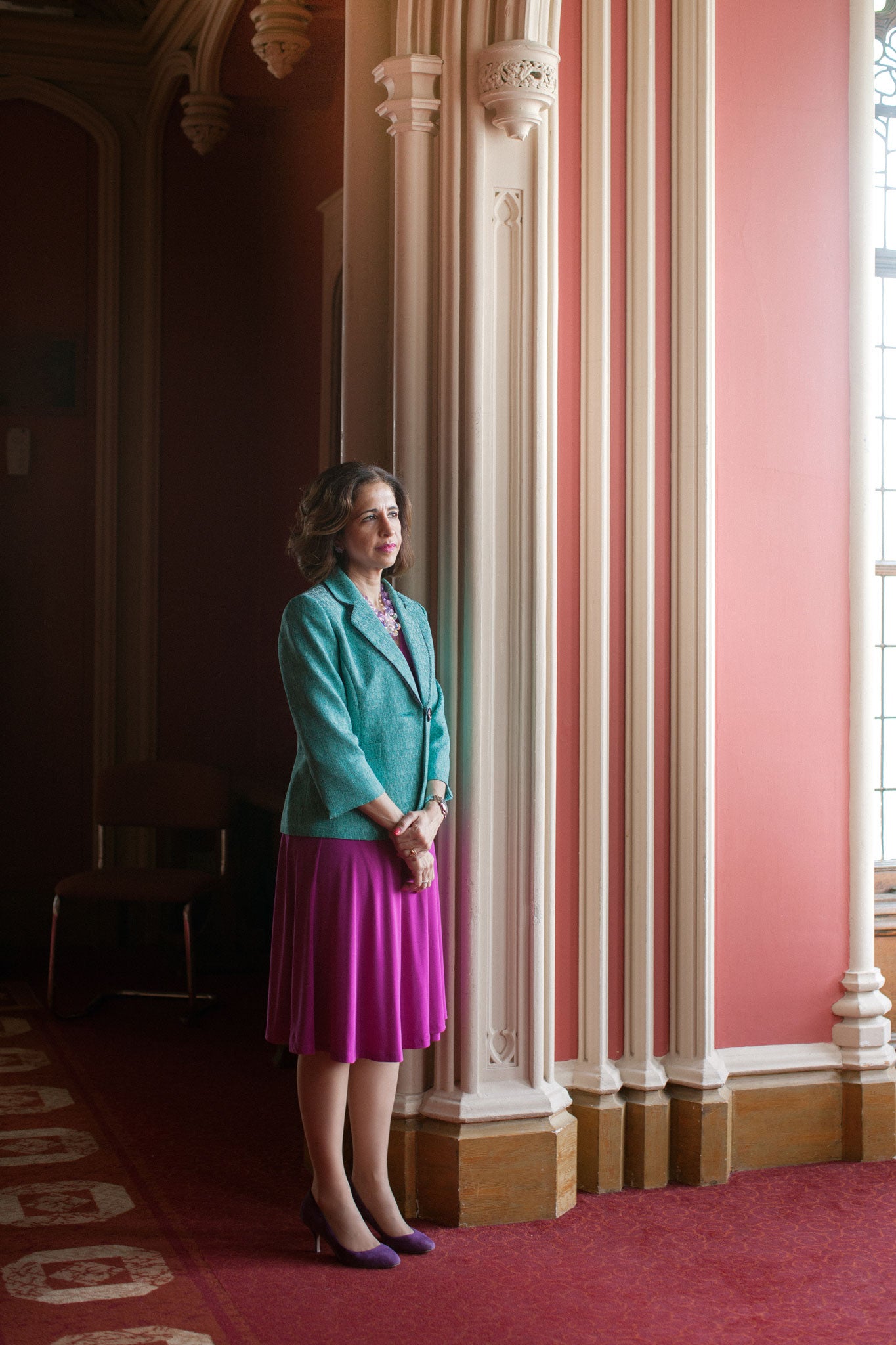What's it like to work at The Priory?
The Priory's consultant psychiatrist Dr Natasha Bijlani talks stiff upper lips, the power of medication, and why her dad now respects her profession

You've been in psychiatry for almost 25 years. Have you seen the nature of mental illness change?
My job has changed. In the NHS, a psychiatrist sees very different patients to those we see in the private sector. NHS psychiatry is full of patients with long-term, psychotic illnesses: schizophrenia, depression, bipolar disorder, substance misuse. The kind of patients I've been seeing in private psychiatry over the past seven or eight years have conditions that are not as chronic and challenging to deal with as the patients I used to deal with. But I don't think the nature of mental illness has changed.
Does the modern world makes us more susceptible to mental health issues?
Many aspects of modern life are very stressful. We live in a 24/7 world and that's not how bodies and humans were geared to exist in a healthy state.
How about the British notion of the 'stiff upper lip'... Does that create problems for us?
Britain has changed a lot over the years. We're getting more in touch with our feelings and there's less stigma. There are so many chat shows, radio programmes, TV programmes and articles about mental health. People are resilient in this country, we get on with things. But we're not just getting on by zipping ourselves up. We also realise we can be vulnerable and we can discuss. I think that's one of the best parts about being British – we're open for debate and discussion and to change.
I was thinking specifically about my dad who probably thinks part of all this is a bunch of old tosh…
I think my dad probably would have felt the same way. But he can't really say it any more – his daughter is a psychiatrist so he hears about a lot of the good we do.
If it takes a long time to make a breakthrough, is that frustrating?
It's like cancer, or any physical illness. There are challenging cases and not-so-challenging cases. You have to be very resourceful and try different strategies. Sometimes it's personal. The patients may not like my style. I have a certain way of talking, I speak fast, maybe sometimes I interrupt people. I always say to them if the chemistry isn't there and they want to, and we can find another doctor, then they should change. You cannot fix everyone.
When it goes well, it must be very rewarding.
People come to psychiatrists when they're at their worst point emotionally. It feels so good to be able to apply some science, to be logical, to spend time with them, to give them a diagnosis, to sit down and to work with them in helping them to recover. It makes me feel really good – to feel I've touched a few lives and made a difference.
And what attracted you to psychiatry?
Around the age of 11, I really developed an interest in working out what makes people tick. In medical school, I went on to a psychiatric ward and I was fascinated. One of the first patients I encountered was a gentleman of Nigerian origin who was in his late teens. He was floridly psychotic. He had schizophrenia and was catatonic. He would stand in the garden for hours on end, staring, like a statue. Somehow we got him to start taking anti-psychotic medication and within three or four weeks, there was such a rapid improvement. He started to talk, to get more 'normal' again. I thought, "Wow, you can get from that to that?". I knew then I had found my vocation.
Biography
Born in Mumbai, India, Dr Natasha Bijlani came to England aged 15. After studying at St Bartholomew’s, London, she chose a career in psychiatry. She is currently a staff consultant psychiatrist at The Priory Hospital, Roehampton, and lives in London with her husband and two children
Join our commenting forum
Join thought-provoking conversations, follow other Independent readers and see their replies
Comments
Bookmark popover
Removed from bookmarks